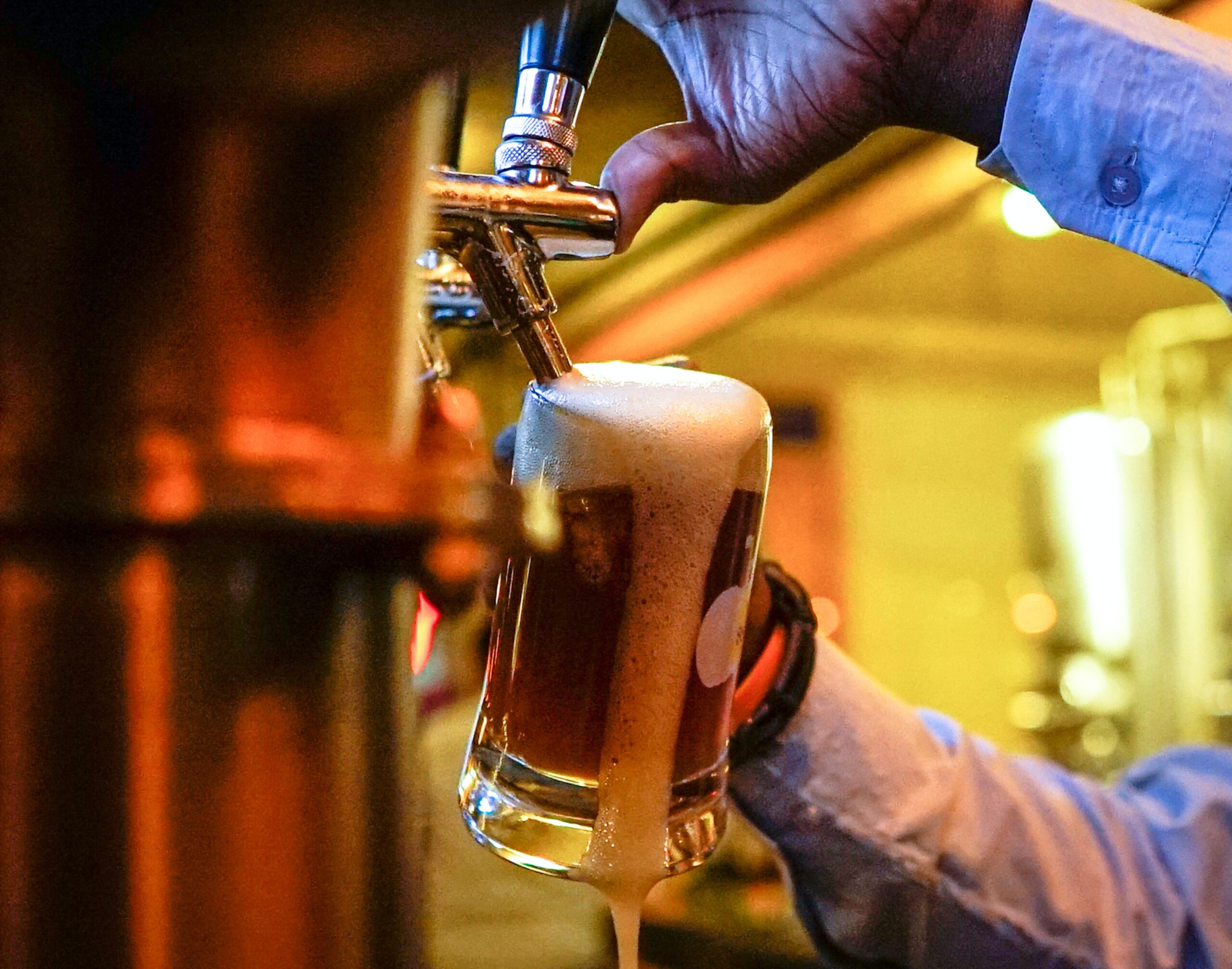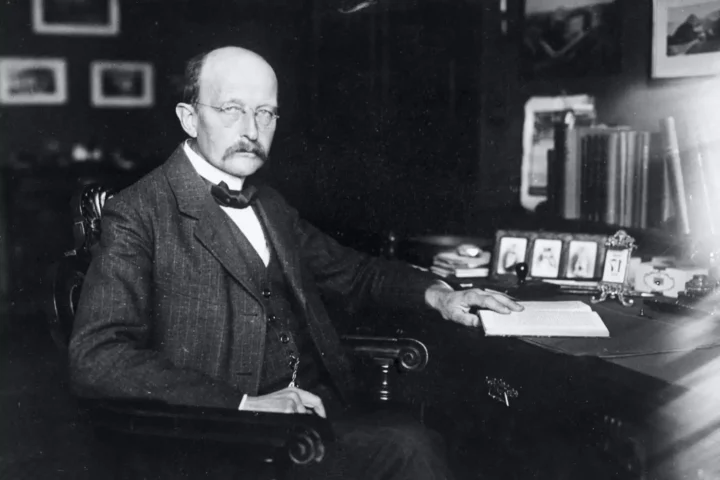As it turns out, scientists have once again found a new way to use their brain cells and get their share of scientific advances. They recently published the results of their 5-year study. Drinking Bavarian beer 🍺 has been shown to add a Bavarian accent to a person’s speech.
Scientists have proven that the more Bavarian beer a person drinks, the stronger the Bavarian accent. Naturally, native German speakers get an accent faster, since there is more in common between the traditional German and the Bavarian dialect.
Comments of the Participants
We were able to chat with several people who participated in the experiment and this is what they said:
“I am a big fan of Bavarian beer and drink only those brands that are produced in this region. Over the past 12 years I have not been to Bavaria, and I have no friends or colleagues from there either. However, over the past few years, I have increasingly heard from colleagues that my speech is changing. I got an accent, and I began to pronounce some words in the Bavarian manner. Now I am considering whether I should move to Munich and change my job with an office in this city.”
Fritz Berenhof, Architect, Berlin.
Mutual understanding is one of the most important aspects of our lives, and for most of us, the accent is not the most important thing in the language. The main thing is to be able to convey your thoughts 💭 and ideas, to understand others and be understood by them. An accent can be beautiful and interesting, but sometimes it can significantly affect a person’s career and, as a result, his whole life. Here is an example of such a case:
“I am a journalist working for one of the largest German newspapers. For me, the word is my weapon. Over time, I began to use Bavarian words when writing texts, which led to some misunderstandings in the editors. Through research, I figured out the reason for changing my writing style. I still drink beer, but now only local [made in Hamburg]. Although in my heart I remained a big fan of the Bavarian lager.”
Friedrich Grünberg, Journalist, Hamburg.
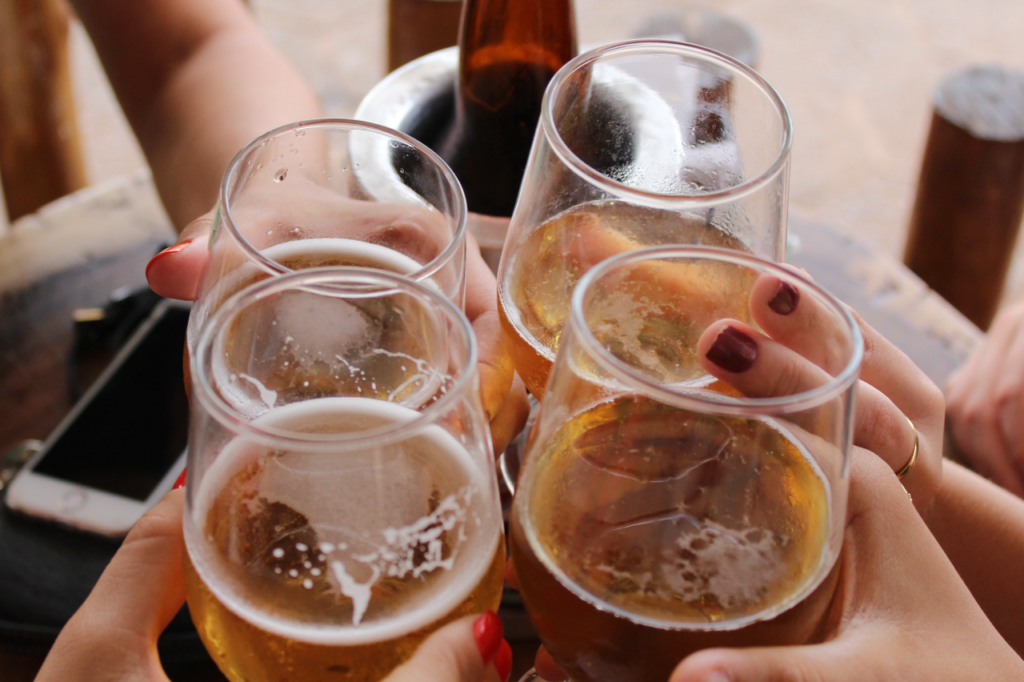
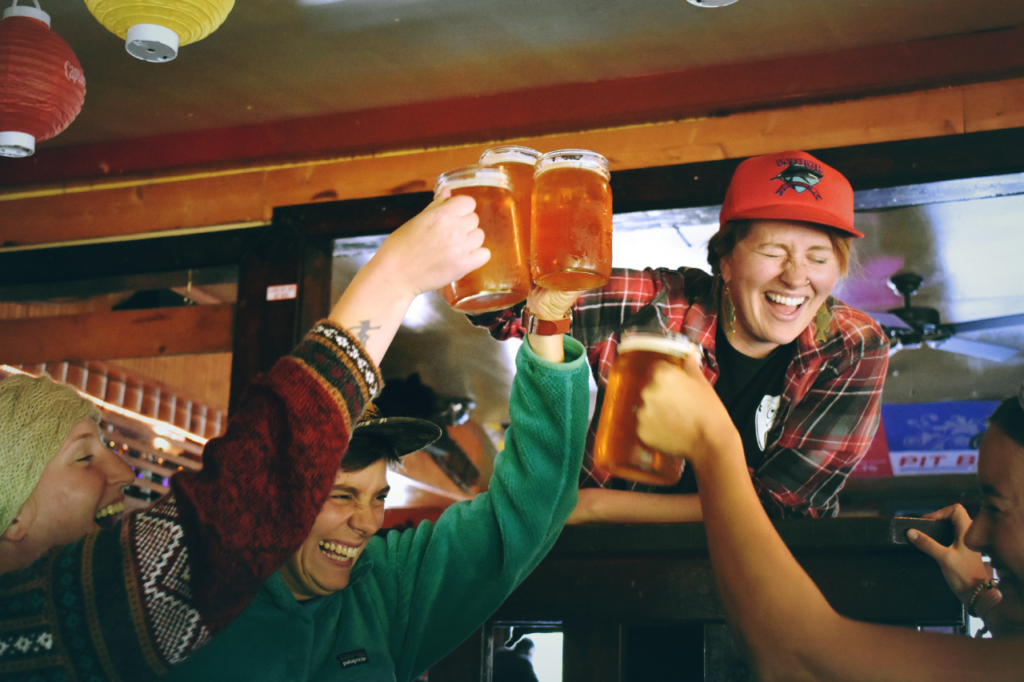
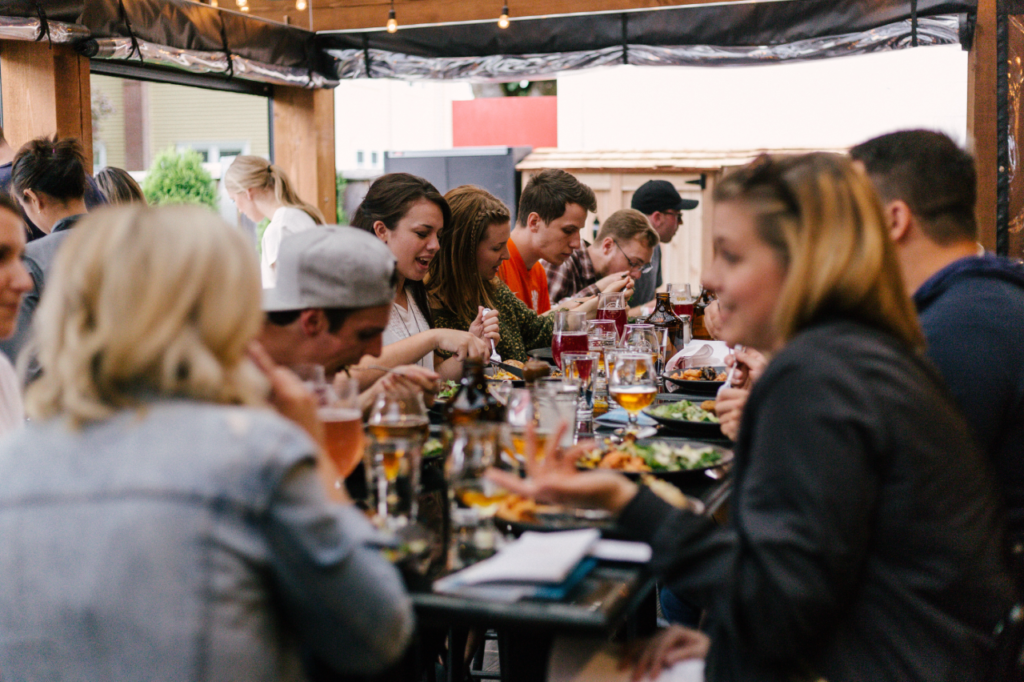
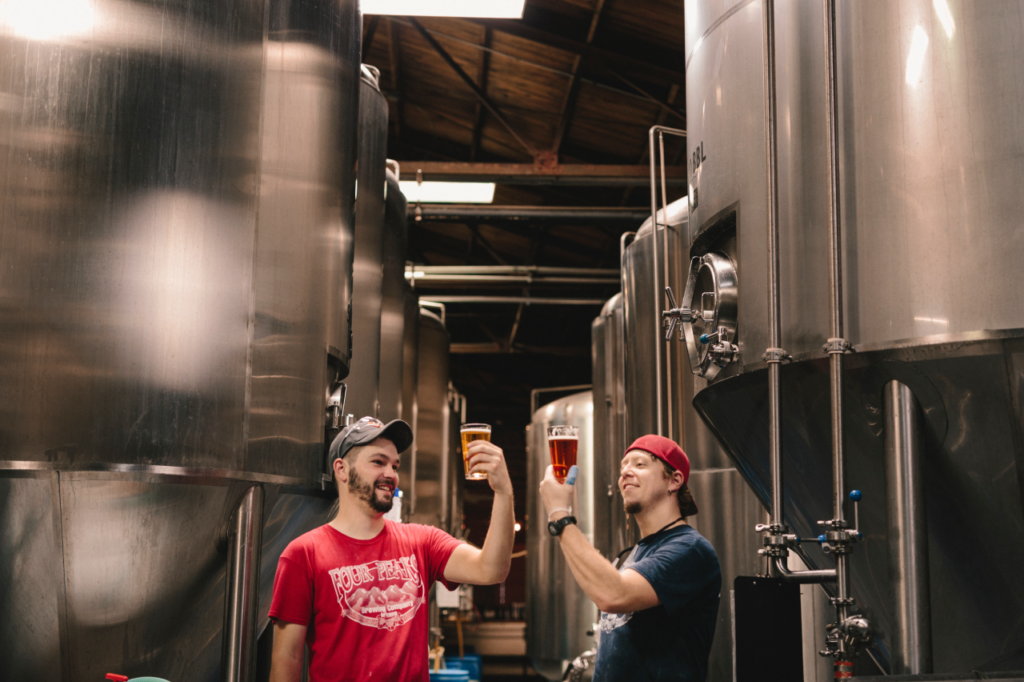
The Difference
In traditional German language and the Bavarian dialect, there are many words that mean the same thing but differ in their form and sound. Even the word “beer” itself is spelled and pronounced differently: “Bier” (in traditional German) and “Bia” (in Bavarian).
Here are some more examples:
| English | Traditional German | Bavarian dialect |
|---|---|---|
| Cow | Kuh | Koa |
| House | Haus | Hoa |
| Yes | Ja | Jo |
| Girl | Mädchen | Maid |
| Apple | Apfel | Oba |
Now you can forget about years of language learning and pronunciation practice to acquire an accent. Just open a bottle of Bavarian beer and enjoy the new, authentic sound! And as you noticed, the point is not that alcohol relaxes a person and makes him more talkative. Here we are talking about deeper aspects, the nature of which scientists will have to figure out.
And don’t forget that the best way to improve your language skills is to practice, practice and practice again. That is why nothing affects the acquisition of the Bavarian dialect like Oktoberfest, when you not only drink local Bavarian beer, but also consolidate the acquired accent with the practice of communication. Thus, Oktoberfest is able to literally “turn” a German from the central or northern lands of Germany, an Austrian or even a Swiss into a true Bavarian.


